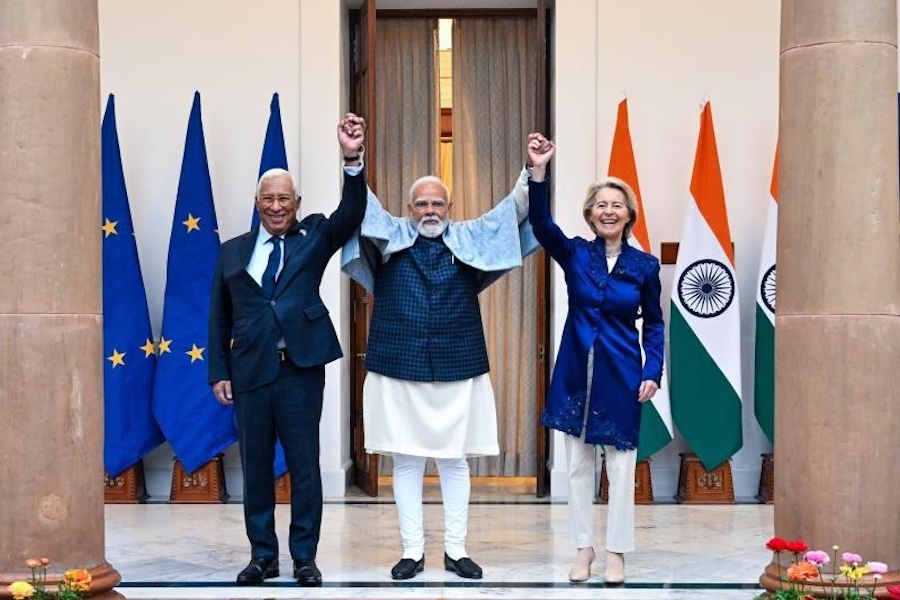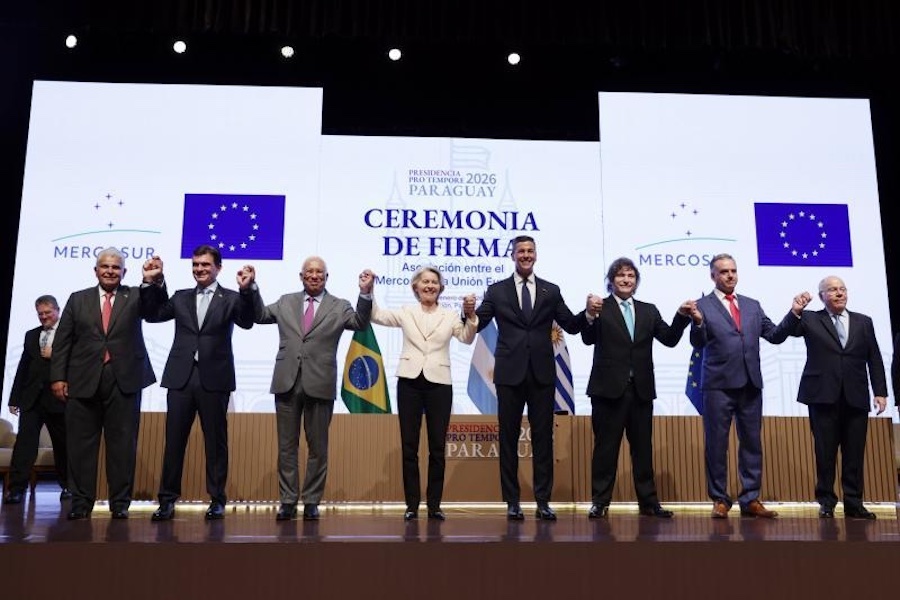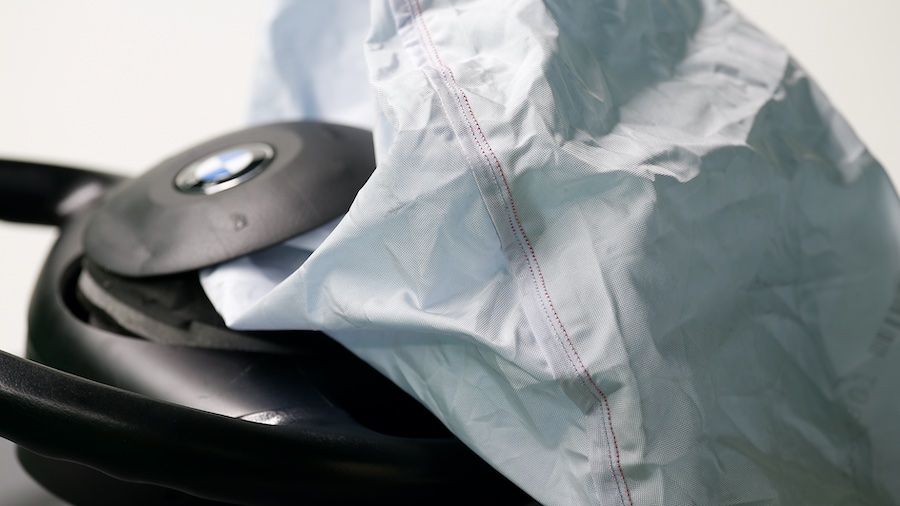#Recycling / Circular Economy
EU to make textile producers pay for collection and recycling
Cutting down food waste
The updated legislation will introduce binding food waste reduction targets, to be met at national level by 31 December 2030: 10% from food processing and manufacturing and 30% per capita from retail, restaurants, food services and households. These targets will be calculated in comparison to the amount generated as an annual average between 2021 and 2023. Following Parliament’s request, EU countries will have to take measures to ensure that economic operators having a significant role in the prevention and generation of food waste (to be identified in each country) facilitate the donation of unsold food that is safe for human consumption.
Producers to cover costs of collecting, sorting and recycling waste textiles
Producers that make textiles available in the EU will have to cover the costs of their collection, sorting and recycling, through new producer responsibility (EPR) schemes to be set up by each member state, within 30 months of the directive’s entry into force. These provisions will apply to all producers, including those using e-commerce tools and irrespective of whether they are established in an EU country or outside the Union. Micro-enterprises will have an extra year to comply with the EPR requirements.
The new rules will cover products such as clothing and accessories, hats, footwear, blankets, bed and kitchen linen, and curtains. On Parliament’s initiative, EU countries may also set up EPR schemes for mattress producers.
Member states should also address ultra-fast fashion and fast fashion practices when deciding on financial contributions to the EPR schemes.
According to the second reading rules, the President announced in plenary that the proposed act was deemed adopted (the position was already agreed by Council earlier this summer).
Next steps
The law will now be signed by both co-legislators, ahead of its publication in the EU Official Journal. EU countries will have 20 months following its entry into force to transpose the rules into national legislation.
Background
In July 2023, the Commission proposed a revision of the EU rules on waste, targeted at food and textile waste. Every year, almost 60 million tonnes of food waste (132 kg per person) and 12.6 million tonnes of textile waste are generated in the EU. Clothing and footwear alone account for 5.2 million tonnes of waste, equivalent to 12 kg of waste per person every year. It is estimated that less than 1% of all textiles worldwide are recycled into new products.














